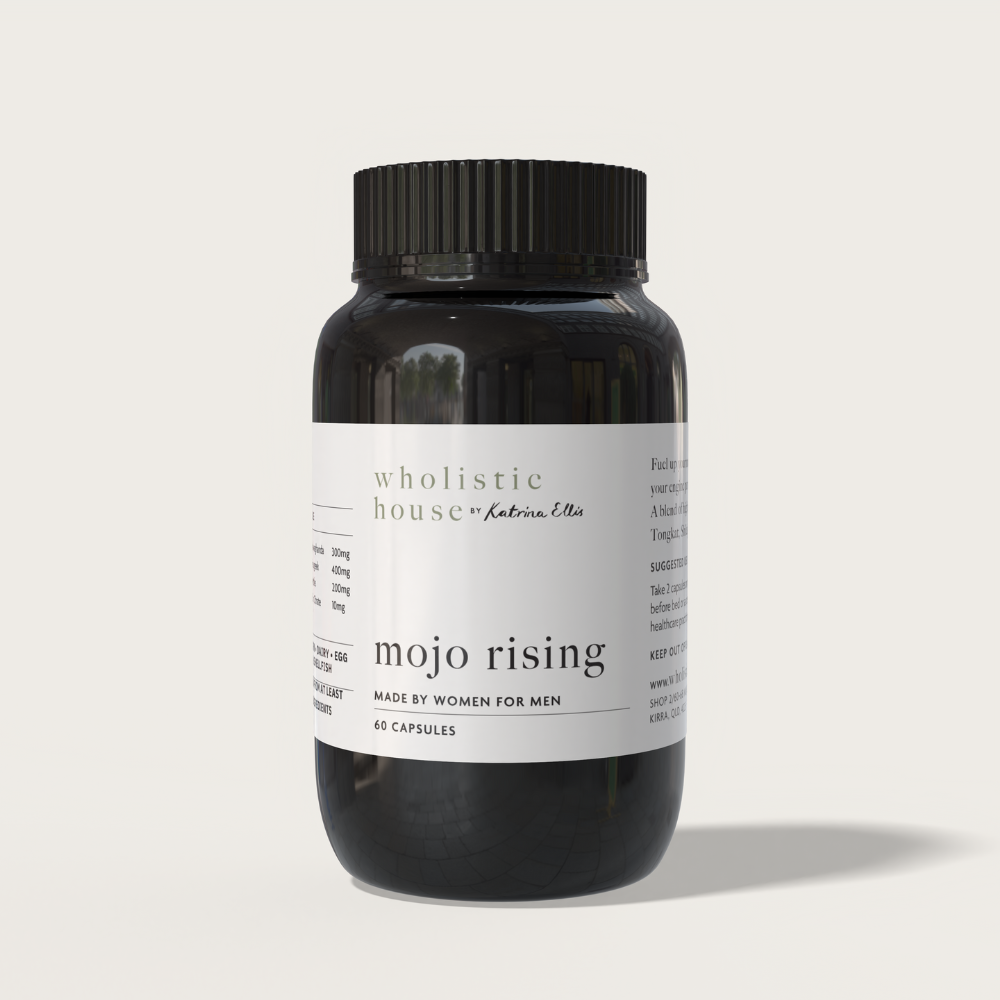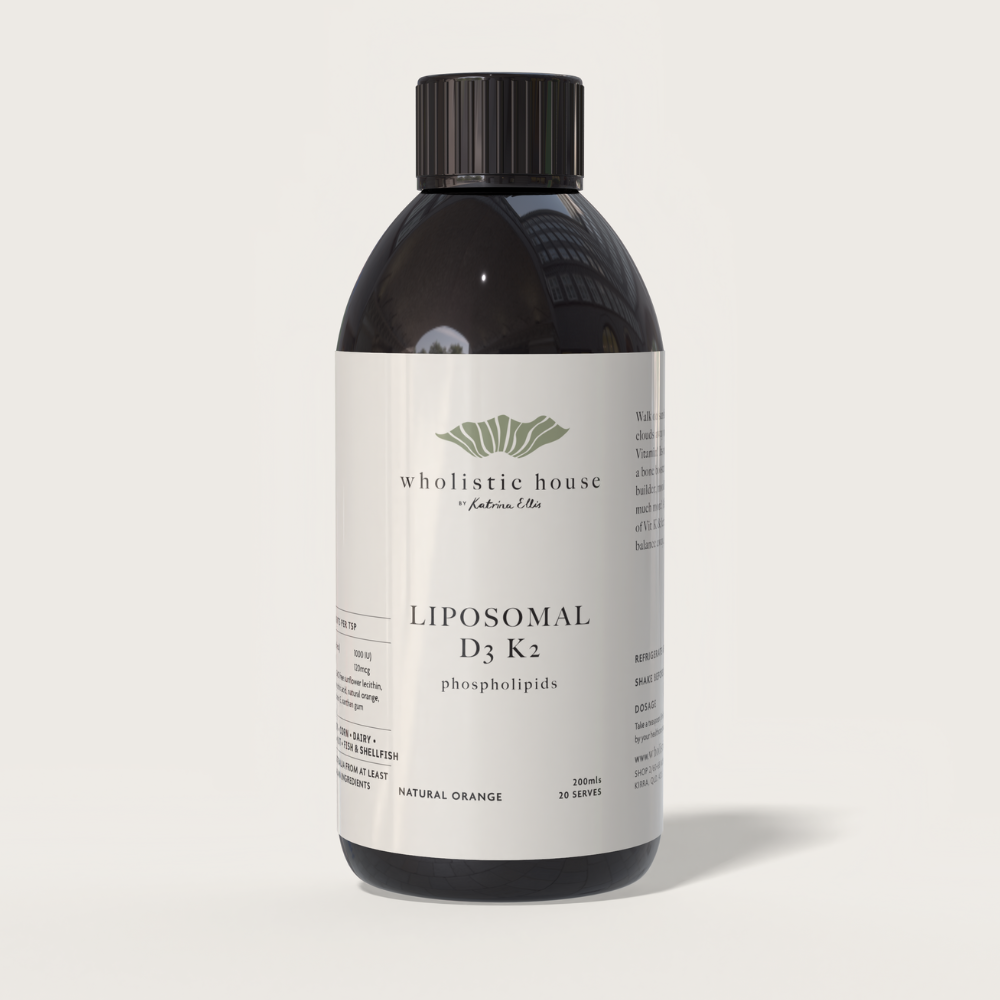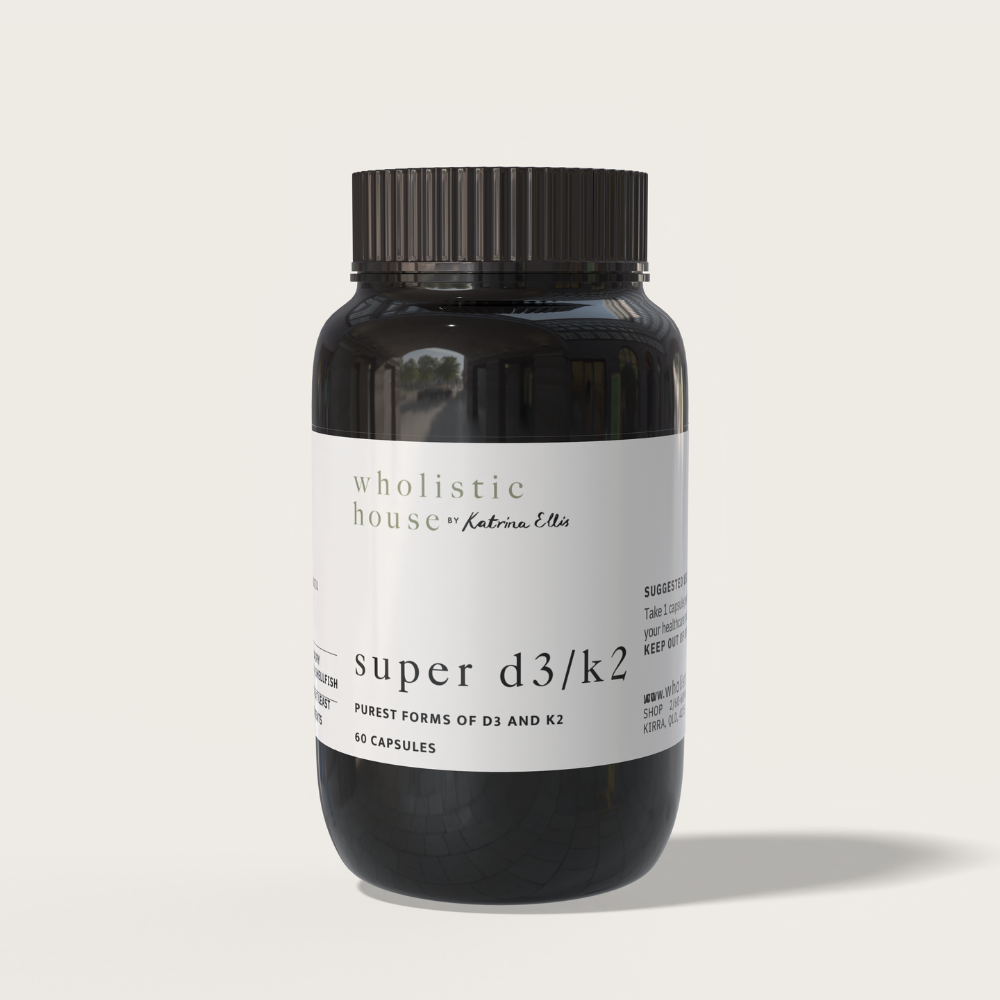Testosterone isn’t just produced in men; women also produce this hormone in smaller amounts. However, men require significantly higher levels of this hormone, which helps to define their ‘masculine’ traits like a deep voice, muscle development, and facial/body hair. Additionally, testosterone plays a big role in the development and health of the male reproductive system during growth aiding in testicle and prostate gland health and sperm production.

Image via Pinterest
Yet, many people overlook testosterone’s broader impact especially on males. It also plays a vital role in building and preserving muscle mass and strength, maintaining bone health, regulating metabolism and fat distribution, boosting red blood cell production, and influencing a happy mood and sense of well-being.
Testosterone levels peak during puberty and typically decline around 1 to 2% per year starting in the late thirties to forties. As men enter their fifties and beyond, they may start to experience signs or symptoms of testosterone deficiency. These can include erectile dysfunction, reduced libido, depression, anxiety, decreased muscle mass, abdominal weight gain, mood swings, and even hot flashes.
Although declining testosterone is a natural part of aging, certain conditions can accelerate this process, including:
- Injury or infection
- Chemotherapy or radiation treatments
- Use of medications, especially statins, beta-blockers, antidepressants, anti-anxiety medications, opoids and corticosteroids
- Chronic illness
- Stress – especially chronic stress
- Excess alcohol intake
- Obesity
- Dieting
- Excess food intake – overeating
- Poor sleep
- A lack of exercise
- High use of recreational drugs
- Excess estrogen – these often come from foods or the environment and they are known as xeno-estrogens or metallo-estrogens
- A poor diet rich in saturated fats, sugar, sodium and chemically sprayed foods
- Nutritional deficiencies of zinc, selenium, magnesium, Vitamin D, iron
- Imbalanced microflora
- And more…
|
Beware of Xeno-estrogens Xenoestrogens are synthetic compounds that mimic the action of our body’s natural hormones. These compounds can disrupt the endocrine system by binding to hormone receptors, potentially leading to hormonal imbalances and other adverse health effects including cancer. Due to their ability to interfere with hormonal function, xenoestrogens have raised concerns regarding their impact on human health and the environment. Bisphenol A (BPA): Found in plastics, food can linings, and thermal receipts Phthalates: Used in plastics, personal care products, and some medications Parabens: Preservatives found in cosmetics, personal care products, and some pharmaceuticals Polychlorinated Biphenyls (PCBs): Industrial chemicals used in electrical equipment and some building materials Dioxins: Environmental pollutants produced during industrial processes Pesticides: Certain pesticides like atrazine and DDT can act as xenoestrogens Heavy Metals: Some heavy metals like cadmium and lead can disrupt hormone function |
Millions of men worldwide turn to artificial testosterone replacement to replenish their testosterone levels. While this approach may offer short-term benefits, it remains crucial to investigate the underlying causes of testosterone decline and explore natural solutions before opting for testosterone therapy, as it does carry a risk of future side-effects. The most common symptoms of testosterone deficiency include:
- Hair Loss or thinning hair
- Cardiovascular disease – possibly higher cholesterol
- Low mood – anxiety, depression
- Abdominal weight gain
- Decrease in muscle mass
- Inability to build muscle
- Low sex drive
- Poor ejaculation
- Loss of well-being
- Decline in cognitive health
- Fatigue
- And more…
Tests to Locate your Levels
Many doctors like to test testosterone levels in the blood. While this can prove useful, normally only 20% of hormones are carried in the blood. As naturopaths, we prefer to test this via saliva or urine opting for a dutch hormone profile – if you would like to do this test please contact our centre on 0755363113.
- Total Testosterone – measures the total amount in the blood, including that of which is bound to proteins and unbound.
- Free Testosterone – measures the amount of unbound, bioavailable testosterone in the blood. This shows you have much is readily available to help the body.
- SHBG (Sex Hormone Binding Globulin) – This is a protein that binds tightly to testosterone and other sex hormones. It can assess how much testosterone is bound and unavailable for use.
- DHT (Dihydrotestosterone) – DHT is a metabolite of testosterone and plays a role in various androgen processes.
- Luteinizing Hormone (LH) and Follicle-Stimulating Hormone (FSH) – helps to assess pituitary gland function which indirectly affects levels.
- Morning testosterone taken between 7 and 10 am gives you the most accurate level.
Testosterone Boosting Diet
If you want to boost testosterone naturally with diet, it is important to switch to a wholefoods diet, rich in healthy fats, protein and vegetables. Try not to follow any fad diets and don’t overeat as this will disrupt your production of testosterone. The most important dietary advice includes:

- Eating lots of healthy omega oils and fats to support hormone balance and testosterone levels. The best source of these are oily deep water fish like tuna, salmon, sardines, herring, mackerel and halibut. Other sources include walnuts, chia seeds, pumpkin seeds, avocado and olive oil.
- Eating lots of good quality protein is very important for testosterone production. The best high protein foods include organic grass-fed beef, venison, wild caught salmon, organic chicken, protein from bone broth, eggs, beans, lentils, nuts and seeds.
- If you eat red meat – add some venison or beef liver as a great source of Vitamin D, zinc and other testosterone boosting nutrients. Aim for at least 3 times weekly and always choose organic and grass fed – otherwise you are adding more estrogen in via pesticides and hormones.
- Shellfish, especially oysters are a great source of Vitamin D and zinc to help boost testosterone.
- Eat organic eggs daily – the yolk is a natural precursor to testosterone production. Three eggs daily has not been linked to increasing high cholesterol.
- Ginger is very important for testosterone production.
- Add lots of leafy green vegetables to your diet especially kale and spinach. They are great sources of minerals including magnesium to help pump up testosterone levels.
- Pumpkin seeds are a great source of zinc to help with testosterone production.
- Chia seeds are very rich in potassium, magnesium, zinc and iron to help boost testosterone production – aim for a tablespoon daily to pump up levels.
- Cacao and Cocoa are known for helping to boost testosterone production.
- Pomegranate juice – a daily glass of organic pomegranate juice is great for helping to boost testosterone levels.
- Raw honey is a rich source of boron to help boost testosterone levels – it is also rich in nitric oxide to enhance ejaculation.
- Cruciferous vegetables like broccoli, cauliflower and cabbage contain indoles to help flush bad ‘estrogens’ from the body, making testosterone more effective.
- Button mushrooms and red grapes are also known to boost testosterone.
Lifestyle Advice
Exercise is one of the best ways to boost testosterone levels especially resistance training like weightlifting. High intensity interval training is also thought to be very effective
High long-term stress elevates cortisol which can have a negative effect on testosterone production. Stress can also increase emotional eating, weight grain and storage of abdominal fat negatively affecting testosterone. It is very important to stay active, get plenty of good quality sleep and add stress relieving therapies into your daily life.
Vitamins and Nutrients
Vitamin D is crucial for testosterone production. It is synthesized in the skin upon exposure to sunlight and can also be obtained from certain foods or supplements. A deficiency will lower production of this.
Vitamin B6 is involved in the regulation of steroid hormones, including testosterone.
Vitamin K2 helps to regulate testosterone synthesis and may contribute to maintaining healthy testosterone levels.
Magnesium plays a role in testosterone production and is involved in more than 300 enzymatic reactions in the body, including energy metabolism and muscle function.
Zinc is an essential mineral for testosterone synthesis and overall reproductive health. It also supports a healthy stress response.
Boron helps to increase free testosterone levels by decreasing SHBG (Sex Hormone Binding Globulin) levels. Foods rich in this include peaches, lentils, legumes, beans and avocado
Vitamin C is a powerful antioxidant that supports hormone production, including testosterone.
Selenium plays a role in testosterone metabolism and sperm production.
Omega-3 Fatty Acids found in deep water ocean fish and certain plant sources, omega-3s support overall hormone production and have anti-inflammatory effects.
Testosterone Boosting Herbs
Tongkat Ali, also known as Eurycoma longifolia, is a herb native to Southeast Asia that has been traditionally used in herbal medicine to improve libido, energy and overall vitality. Both animal and human clinical trials suggest that Tongkat Ali may have potential benefits for increasing testosterone levels. It can support the production of luteinizing hormone (LH), which in turn stimulates testosterone production in the testes. A study published in the Journal of Ethnopharmacology found that supplementation with Tongkat Ali extract significantly increased testosterone levels and improved various aspects of male reproductive health in men with low testosterone levels. It is also thought to help improve sperm quality, improve muscle strength and athletic performance and reduce anxiety.

Shilajit is a tar-like substance that’s made up of decomposed plants that have been harvested out of the Himalayan mountains. It is very rich in minerals. In Ayurvedic medicine it is known to rejuvenate the body, increase longevity and slow down the ageing produce. Trials have shown that high quality shilajit taken over 90 days can increase total testosterone, free testosterone and DHEA in males. It also has a positive impact on FSH and LH levels.
Ashwaghanda or Withania is another powerful herb that has shown positive effects in boosting testosterone levels. It is a powerful adaptogen that helps the body increase its physical and emotional resilience to stress. Many studies have shown that it can increase both DHEA and testosterone levels, while reducing stress hormones like cortisol. It has also been show to improve upper and lower body muscle mass in men too.
Nettles or Stinging nettle helps to reduce levels of SHBG (sex hormone binding globulin) – this can bind to testosterone reducing its availability. By inhibiting SHBG there is more testosterone available for use. It also inhibits aromatase activity – an enzyme that converts testosterone into estrogen. This can therefore help to maintain higher testosterone levels.

Horny goat weed (Epimedium) is a herb that has been used in traditional Chinese medicine for its potential aphrodisiac that can aid sex drive and ejaculation. It contains compounds known as icariins, which can inhibit an enzyme improving blood flow and sexual function.
|
|
In Love, Health and Hormonal Happiness,








Leave a comment
This site is protected by hCaptcha and the hCaptcha Privacy Policy and Terms of Service apply.
All comments are moderated before being published.